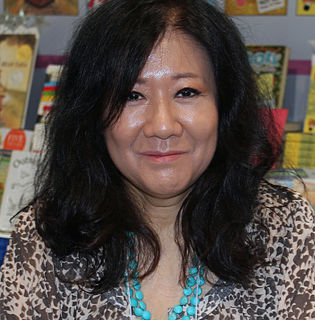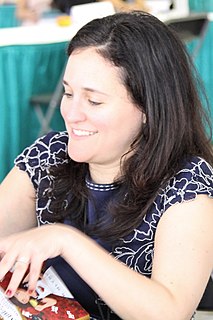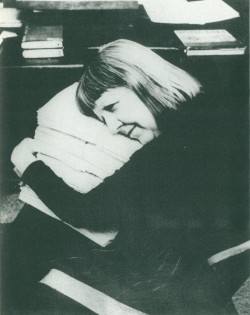A Quote by Cynthia Kadohata
'Weedflower' was already in the copyediting phase when I heard about the Newbery award, so it didn't really influence my writing of that book, but since then, I have become more aware of having an audience.
Related Quotes
At the time I was writing 'Weedflower,' my friend Naomi Hirahara was writing a book about Japanese-American flower farmers. She knew quite a few elderly farmers and put me in touch with four or five of them who had been in camps during WWII. Some, like my father, were reluctant to talk about their experiences.
The difference when I'm writing a story versus writing a joke is that writing a joke is so much more about the structure and it's less about the conversation. To me, the thing that I love about stand-up is the intimacy between performer and audience.To get it even more conversational was something that really appealed to me and that I really enjoyed doing. My early experiments with it, with just telling a story from my life on stage, it was so satisfying to do. And seemingly for the audience as well. It's a different thing, and it's a different feeling and a different vibe.
We're at an interesting phase of Asian and Asian-American writing, where we might succeed in having readers look at us as creative individuals who write with fury and fire about the world, and in new ways, without having them say things like "I read a really good Indian book," or "That Malaysian fellow writes very well." So I hope by identifying as Indian I can get people who don't usually read "ethnic" or "Indian" literature to read that literature and enjoy it.
I enjoy journalism; anybody does. You see the results immediately; you've got an immediate audience instead of having to wait for your audience as you do if you're writing a book, and you get a bit of money coming in, and you can see more clearly how you're paying the bills. But it's not a good position for the serious novelist to be in.
Intelligence is an interesting word. It is also something which, in my opinion, is misunderstood by many people. There are those who believe that we go to school to become intelligent. Or, the more experience a person has on a particular job, the more intelligent they become. This notion is not so. All knowledge is one hundred percent evenly present in all places, at all times. Aware is what you and I want to become. The more aware we become of this truth about intelligence, the better off we will be.




































